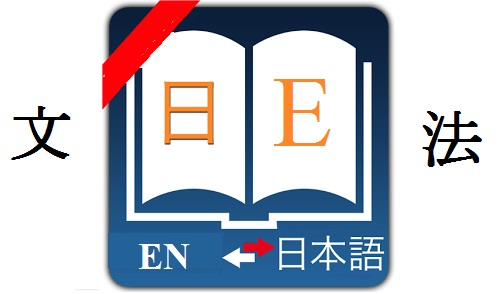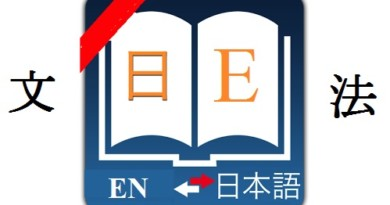Japanese たらどんなに…か grammar taradonnani…ka
Let’s learn Japanese たらどんなに…か grammar taradonnani…ka :
Formation :
Meaning and how to use :
Describing the desire to do what the speaker says. Usually translated as “It will be gret if something is done.”.
Examples:
今週の日曜日に田舎に戻したらどんなにうれしいか。
Konshuu no nichiyoubini inaka ni modoshitara donnani ureshii ka.
If I can return to my hometown this Sunday, how happy I will be.
もう一度外国に滞在している娘に会ったらどんなに喜ばしいか。
Mouichido gaikoku ni taizai shite iru musume ni attara donnani yorokobashii ka.
How happy I will be if I can meet my daughter who is living abroad once again.
イギリスに留学したらどんなにいいか。
Igirisu ni ryuugaku shitara donnani ii ka.
It will be good if I can study in the UK.
奨学金をもらえなくなったらどんなに悲しいか。
Shougakkin wo moraenaku nattara donnani kanashii ka.
How sad it is if you no longer receive the scholarship.
夫が出張したらどんなにさびしいか。
Otto ga shutchou shitara donnani sabishii ka.
How lonely it will be if my husband is on a business trip.
Note: At the end of the sentence there are some forms like「だろう(か)」、「ことか」.
Above is Japanese たらどんなに…か grammar taradonnani…ka. If you don’t understand the signs we used in formation, you can find their meaning here : signs used in Japanese grammar structures.
You can search the structure you want by using the search tool on our website (using key : grammar + ‘structure name’ or you can find more Japanese grammar structures in the following category : Japanese grammar dictionary
